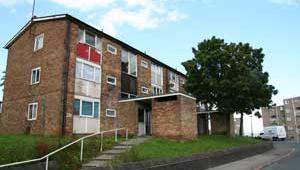19 November 2004
Lone parents who rely on state benefits to top up their earnings are more likely to escape poverty than families where the main wage earner is on low pay, says new research.
The study, Low pay, household resources and poverty, published by the Joseph Rowntree Foundation, found that 37% of families where the father is on low pay remain in poverty – a similar proportion to the mid-1990s.
Meanwhile, 20% of lone parents on low pay are in poverty, down from 28% ten years ago. About half would be in poverty were it not for benefits and tax credits, according to the report.
Low-paid workers are those earning below £4.86 per hour as of 2000/01 – two-thirds of the median for all employees – while poverty is defined as receiving less than 60% of the median.
About one in five low-paid lone parents avoids poverty through contributions from household members, such as grown-up children, while 6% rely on other income, such as maintenance payments.
Among low-paid employees as a whole, earnings of other family members and other sources of income, including self-employment and investment income, are more crucial than benefits and tax credits.
'Having a job and living with other people in work is the most effective way to avoid poverty,' says the report, which was published on November 17.
Almost a quarter (23%) of workers earn below two-thirds of the median income. This percentage has scarcely been affected by the national minimum wage, says the report, because it is set below the low-pay threshold.
A second JRF report, reviewing welfare reforms under Labour, praises the separation of child and working tax credits.
PFnov2004



















